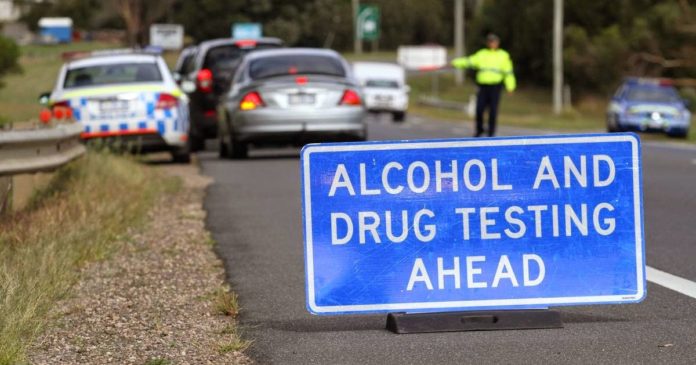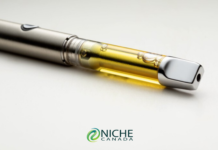With just weeks to go before cannabis is legalized in Canada, the federal government has approved a roadside saliva test for drug screening.
Minister of Justice and Attorney General of Canada Jody Wilson-Raybould announced today that the first oral fluid drug screening equipment has been approved for use by law enforcement.
“Impaired driving is the leading criminal cause of death and injury in Canada,” said Wilson-Raybould in a release.
“Keeping our roads safe means ensuring law enforcement has the tools they need to deter and detect drug-impaired driving,” she added. “I would like to thank the Drugs and Driving Committee of the Canadian Society of Forensic Science for their continued work in evaluating drug screening equipment. We are giving law enforcement the tools, technology, and the resources they need to protect Canadians on the road.”
The screening equipment will be used to detect the presence of THC (the main impairing component in cannabis), and cocaine in a driver who is suspected of having a drug in their body.
This drug screening equipment, which will now be made available for use, provides an additional tool to law enforcement.
Training for law enforcement on the oral fluid drug screening equipment will be developed by the Royal Canadian Mounted Police (RCMP) in the coming weeks.
“The percentage of Canadian drivers who are fatally injured in vehicle crashes and test positive for drugs already exceeds the percentage who test positive for alcohol,” said Minister of Public Safety Ralph Goodale.
“The problem exists right now and we are implementing new tools to deal with it. Police are already trained to detect the signs and symptoms of drug-impaired driving. Drug screening equipment provides another valuable tool to support the enforcement of our laws,,” Goodale added. “The Government of Canada is providing $81 million to provinces and territories to support the purchase of approved screening devices, as well as training and capacity building. Together, we’re determined to get this right and keep our roads safe.”
More types of drug screening equipment are expected to become available in the future as the DDC (Drugs and Driving Committee) continues to evaluate other oral fluid drug screening equipment for use by law enforcement.
On April 13, 2017, the federal government introduced Bill C-46 and it received Royal Assent on June 21, 2018 when the drug-impaired driving parts came into force.
“The new law is a modern, simplified, and more coherent system of reforms to better deter and detect drug and alcohol-impaired driving,” according to a government release.



















